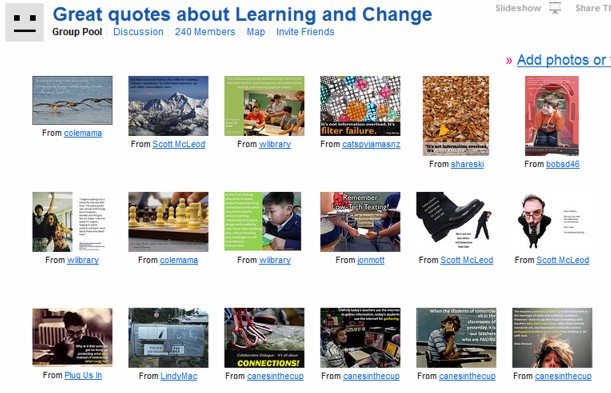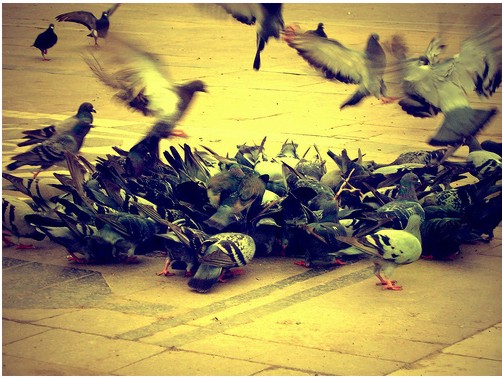We take for granted today the clickability of information. We should think back, really think back properly, to the days before we had the internet as a source of information.
I was talking to my son today about our early conceptions, and we shocked ourselves about uninformed and xenophobic ideas we had of people and cultures when we were children. My primary school years situated me in a very narrow place, although not as narrow as some, since I did come from an ethnic background. These are very interesting times because we are developing and learning like crazy but we don’t have a great deal as points of reference, so our learning is coloured by our often incomplete or erroneously formed concepts. To put it another way, what information we do gather is not always correctly understood and is even reconstructed by our own imagination. I say imagination because you need a great deal of it to fill in the gaps between the isolated pockets of knowledge and understanding.
So, I remember growing up with Australians who were either ‘real Australians’ or from a European background (Greeks, Italians, Macedonians) and Russians from my own cultural group which was always a minority (and none at school). Since I loved to read, my knowledge in these days was gleaned from books, most of which I owned and some from libraries. Information books didn’t seem to abound, and picture books were often teachers of the world beyond my own. I remember learning about dark-coloured people with grass skirts or slanty-eyed people, people living in teepees or igloos or swimming underwater every day. Now, that’s not a deliberately racist description because, since my information was delivered through a visual medium, my knowledge of these people was almost entirely visual. And not a realistic depiction but usually a cutesy illustration.
Now we take it for granted, but a little context to information is just a click away on the internet. Google Earth or Maps would have given my little snippets of information of other cultures a geographical location, and joined all those floating, isolated bits of knowledge into a world map; Flickr could have given me an easily accessible collection of pictures. Of course, information books with photos abound, even picture books with beautiful photography which deliver early aspects of reality to the preschool child.
How has this affected my development of knowledge? Do I still harbour distorted ideas of the way things are in the depths of my subconsious? Or have I worked hard at reconstructing and revising the way I see and understand things? Is this a blessing in disguise, a constant practice for maintaining elasticity and flexibility in the course of life and my understanding of it?
Meanwhile, I remember my picture book worlds with nostalgia. I used to imagine myself in the pictures, and dreamed of living on the little island where the smiling grass-skirt girls lived, so tiny that you could walk it in a couple of minutes, always sunny, water crystal clear, fish and birds abounding, all things provided for idyllic living. Did you wish you lived in any of your picture books?





